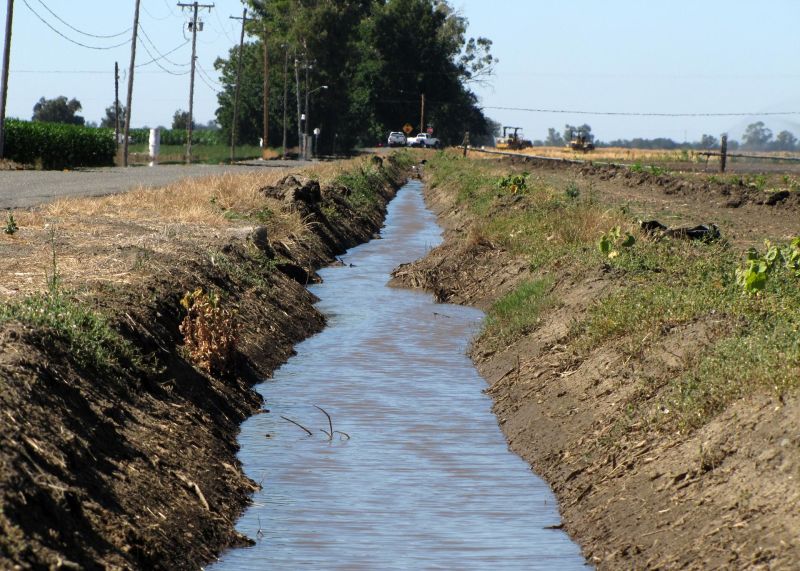California is finally getting some rain -- and there's been enough snow in the Sierra already for some ski resorts to open early. But the impact of California's drought will be around for a while, and a long-term solution to the state's water problems will require a lot more than just one winter of rain and snow.
KQED Science editor Craig Miller joined The California Report on Friday to discuss the drought and a new report that urges the state to address perhaps its most fundamental water challenge.
The study, from the Public Policy Institute of California, argues that the growing demand for water makes it imperative to reform the state's system of allocating this essential resource. The PPIC report says the drought has shown the water rights system to be "fragmented, inconsistent, and lacking in transparency and clear lines of authority."
"The PPIC is attacking the sacred cow by saying it's time to make some changes in the water rights system," Miller said. "Water rights in California are sacrosanct. They're like property rights. They are property rights. They determine the pecking order, when water is short, of who gets what and when."

